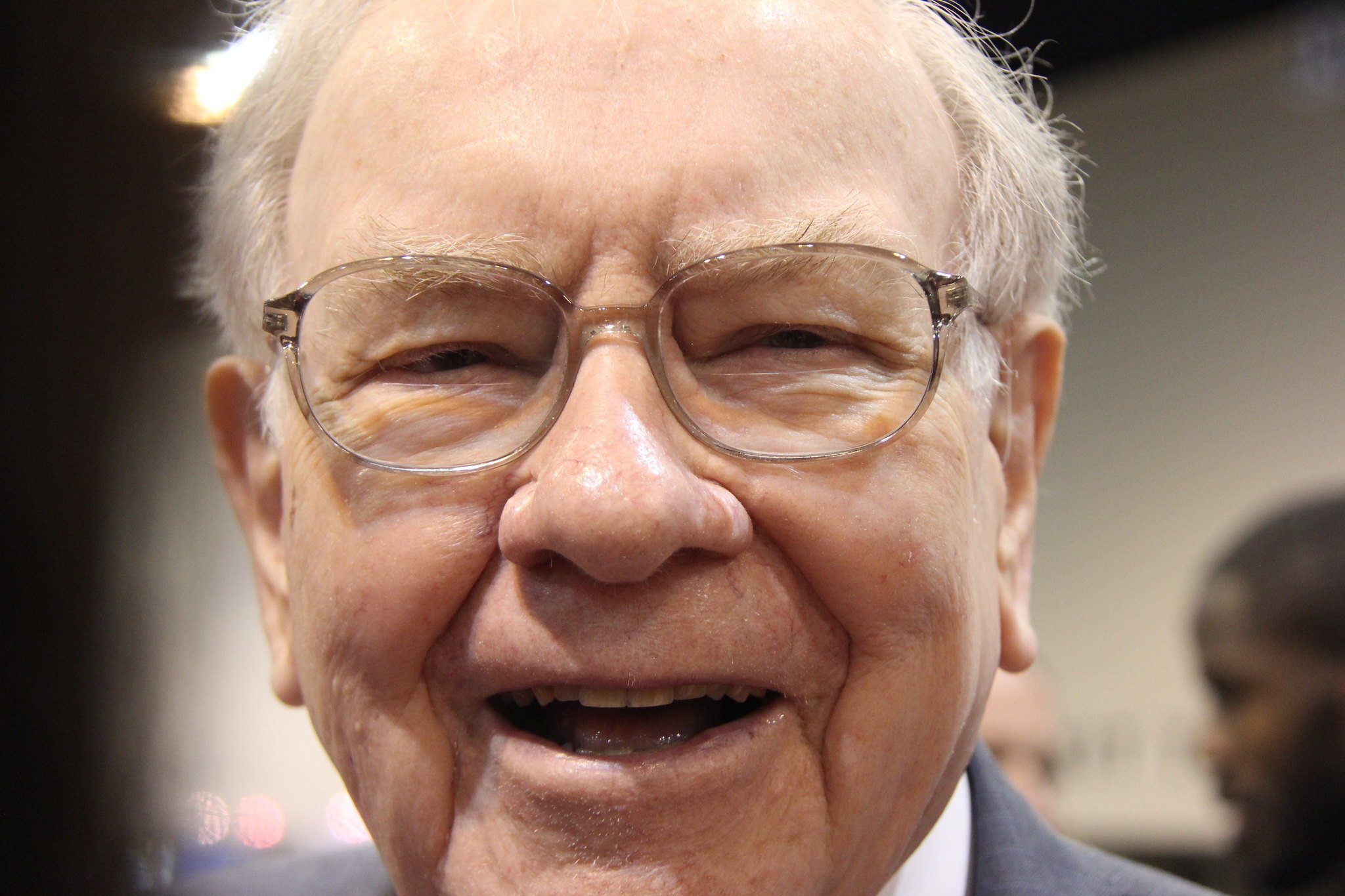CORRECTION: The original version of this article misstated Berkshire Hathaway's current share buyback policy.
Shares of Berkshire Hathaway (BRK.A +0.09%) (BRK.B +0.15%), the stock famously led by billionaire investor Warren Buffett, won an upgrade last week when Swiss banker UBS raised its price target on the industrial conglomerate to $481 per share. That suggests a nearly 18% upside for the stock over the next 12 months.
As analyst Brian Meredith explained, there are two big reasons to like Berkshire stock: insurance and trains.

NYSE: BRK.B
Key Data Points
Is Berkshire Hathaway stock a buy?
Berkshire Hathaway is expected to report first-quarter earnings on May 6. Meredith believes the company will report $4.90 per share in profit on better "underlying loss ratios" at GEICO. (Which is to say, once you back out new reserves and catastrophic losses, payouts on insurance claims are trending lower relative to rising premiums). The analyst also sees shipment volumes on Berkshire's BNSF railroad picking up, translating into better revenue and profit there as well.
But here's the really interesting thing about this rating: Value investors see Berkshire Hathaway as the prototypical steady Eddy value stock, growing slowly but steadily as it buys and holds great businesses for decades. (And I'd argue this is the right way to invest in Berkshire). You wouldn't guess that from watching how UBS plays the stock, however. Over the last year, UBS has changed its opinion on Berkshire's value no fewer than eight times -- this latest time by less than 1%!
Contrast Meredith's approach to that of Warren Buffett himself. Up until a few years ago, Buffett only bought back Berkshire Hathaway stock when the company was trading for less than 1.2 times book value, a number that by definition can't change more than four times a year, with each quarterly readout on book value. Berkshire has since loosened that policy to allow buybacks when Buffett thinks it's meaningfully undervalued (today, the stock is trading for 1.5 times book value).
Between the two strategies, I prefer Buffett's approach. It means less trading, fewer sales commissions, fewer tax bills on capital gains, and, over the long term, probably better profits for investors who imitate Buffett.






